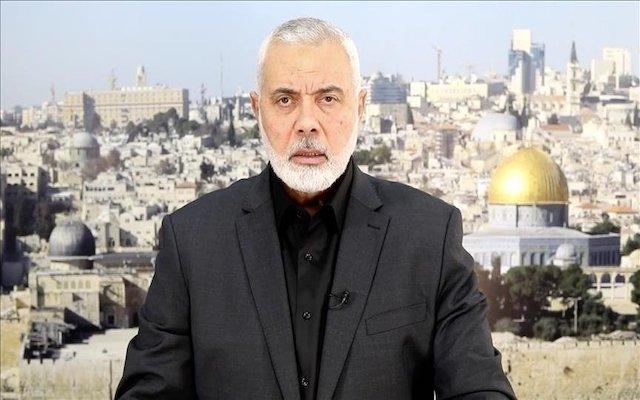In Cairo, discussions to negotiate a temporary cessation of hostilities between Israel and Hamas, aimed at securing the release of remaining hostages, have entered their second day. The urgency of these talks is underscored by the tensed situation in Gaza, particularly in Rafah, where Gazans anticipate a significant Israeli military response.
A Hamas delegation is reportedly en route to Cairo to join the mediation efforts facilitated by Egypt and Qatar, following a prior session that included Israeli representatives. The diplomatic engagement has drawn the attention of international figures, including Turkish President Recep Tayyip Erdogan, known for his critical stance on Israel's military strategy in Gaza, who is scheduled for discussions with Egyptian President Abdel Fattah al-Sisi.
Summary of the Cairo negotiations.
— able 💔 من البحر إلى النهر (@abledaz) February 14, 2024
Hamas wants a final ceasefire, while Israel wants a temporary period.
Israel wants to release 3 Palestinian prisoners for every Israeli prisoner, which Hamas rejects.
The negotiations have not collapsed and will continue within days. https://t.co/BLmRGERIFY
The presence of high-level officials such as CIA Director William Burns and Mossad Chief David Barnea in Tuesday's discussions signals the gravity of the situation, with reports suggesting a generally positive dialogue. The U.S. has described the ongoing negotiations as constructive, highlighting a collective endeavor to forestall a ground offensive by Israel into Rafah, a densely populated area home to over 1.4 million Palestinians.
The anticipation of a large-scale ground incursion has raised alarms over the potential for significant civilian casualties, prompting calls from international allies for restraint and a carefully considered approach to civilian protection. The United States has expressly conditioned its support for any ground operation on a credible plan to safeguard non-combatants. Rafah's strategic importance as a conduit for vital humanitarian supplies further complicates the potential for military action, with U.N. agencies warning of a looming humanitarian crisis.
Hamas heads to Cairo truce talks.
— AFP News Agency (@AFP) February 14, 2024
Mediators are racing to secure a pause to the fighting before Israel proceeds with a full-scale ground incursion into the Gaza Strip's far-southern city of Rafah, with its population of 1.4 million Palestinians https://t.co/gsB0J0cJgj pic.twitter.com/2LhVo17zHq
Amidst these tensions, civilians in Gaza find themselves in an increasingly desperate situation, with reports of dire conditions at the border and appeals for Egypt to facilitate refuge. The humanitarian plight is compounded by health crises and a shortage of essential resources, underscoring the urgency of diplomatic efforts to achieve a ceasefire.
Israeli Prime Minister Benjamin Netanyahu has emphasized the objective of decisively defeating Hamas in Rafah as essential to Israel's broader military goals, even as the Israeli Defense Forces continue their operations across Gaza. The conflict has already exacted a heavy toll, with significant casualties on both sides and the unresolved issue of hostages taken by Palestinian militants, adding layers of complexity to the negotiations in Cairo.
The discourse around the Cairo talks also touches on broader geopolitical dynamics, with Hamas's political leadership asserting that any agreement must encompass a ceasefire, Israeli withdrawal, and a substantive prisoner exchange. These discussions, involving regional stakeholders like Iran and Qatar, highlight the intertwined nature of local conflicts and regional politics, emphasizing the need for a solution that addresses both immediate humanitarian concerns and the longer-term aspirations of the Palestinian people for self-determination and dignity.
Iranian Foreign Minister Hossein Amirabdollahian met with Hamas leader Ismail Haniyeh in Doha while visiting Qatar. The meeting comes hours after the Iranian FM met with the Emir of Qatar, ahead of renewed hostage/ceasefire talks in Cairo.
— Ariel Oseran (@ariel_oseran) February 13, 2024
pic.twitter.com/bLDQXMfPHS
This evolving situation in the Middle East continues to draw international attention, underscoring the intricate balance between military objectives, diplomatic negotiations, and the imperative to protect civilians in conflict zones.


